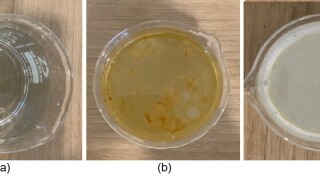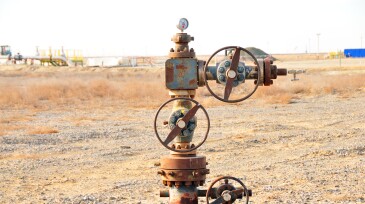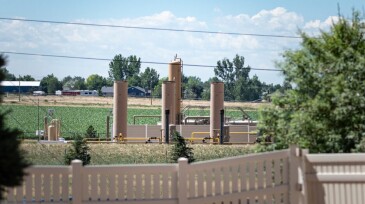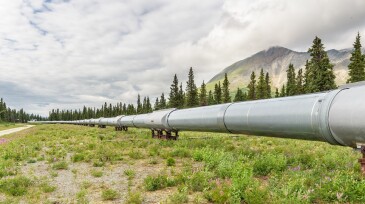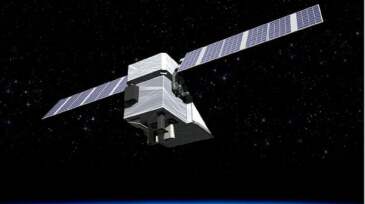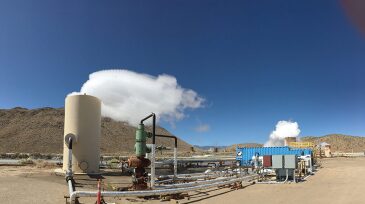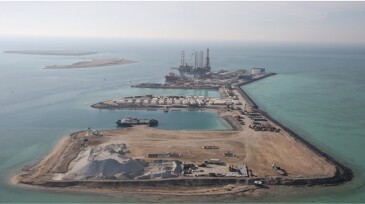Environment
This paper details a data-driven methodology applied in Indonesia to enhance flare-emission visibility and enable targeted reduction strategies by integrating real-time process data with engineering models.
This study presents the development of a biodegradable surfactant developed using principles of environmentally friendly chemistry from natural sources. The goal is to develop an effective and environmentally friendly surfactant that can emulsify and disperse oil to reduce its effects on marine environments.
This study ascertains the capital expenditure and operating expenditure associated with the reuse of existing facilities, specifically regarding a carbon capture and storage project being prepared in South Korea.
-
This paper presents the development and test of a method to predict upstream events that could lead to flaring, applying an integrated framework using machine-learning and big-data analytics.
-
The DOI guidance explains how states can apply for the first $775 million in grant funding available this year under the Bipartisan Infrastructure Law to create jobs cleaning up polluted and unsafe orphaned oil and gas wellsites across the country.
-
The company uses unmanned aerial vehicles to measure methane offshore.
-
Research conducted by Rystad Energy indicates that spending on carbon capture and storage will quadruple in the next 3 years.
-
Higher bonding amounts and an expanded orphaned well program will fund the cleanup of thousands of aging sites.
-
This marks the first time the Federal Energy Regulatory Commission (FERC) has formally incorporated environmental justice considerations into one of its policies, making environmental justice a matter to be considered systematically in FERC proceedings for certificates of public convenience and necessity.
-
From 2013 to 2018, the number of terrestrial and marine spills reported in Trinidad and Tobago trended upward. The country’s Ministry of Energy and Energy Industries assessed its National Oil Spill Contingency Plan (NOSCP) with the Readiness Evaluation Tool for Oil Spills and identified gaps in national legislation, risk management, logistics, training and exercises, …
-
A new generation of detectors will be many times better at tracking discharges of the dangerous greenhouse gas.
-
The two companies will work to retrofit nonproducing wells for geothermal production and scale GreenFire Energy’s closed-loop advanced geothermal systems.
-
The paper presents the challenges faced and overcome while drilling and testing a high-pressure/high-temperature sour-gas well offshore in an environmentally sensitive environment.


